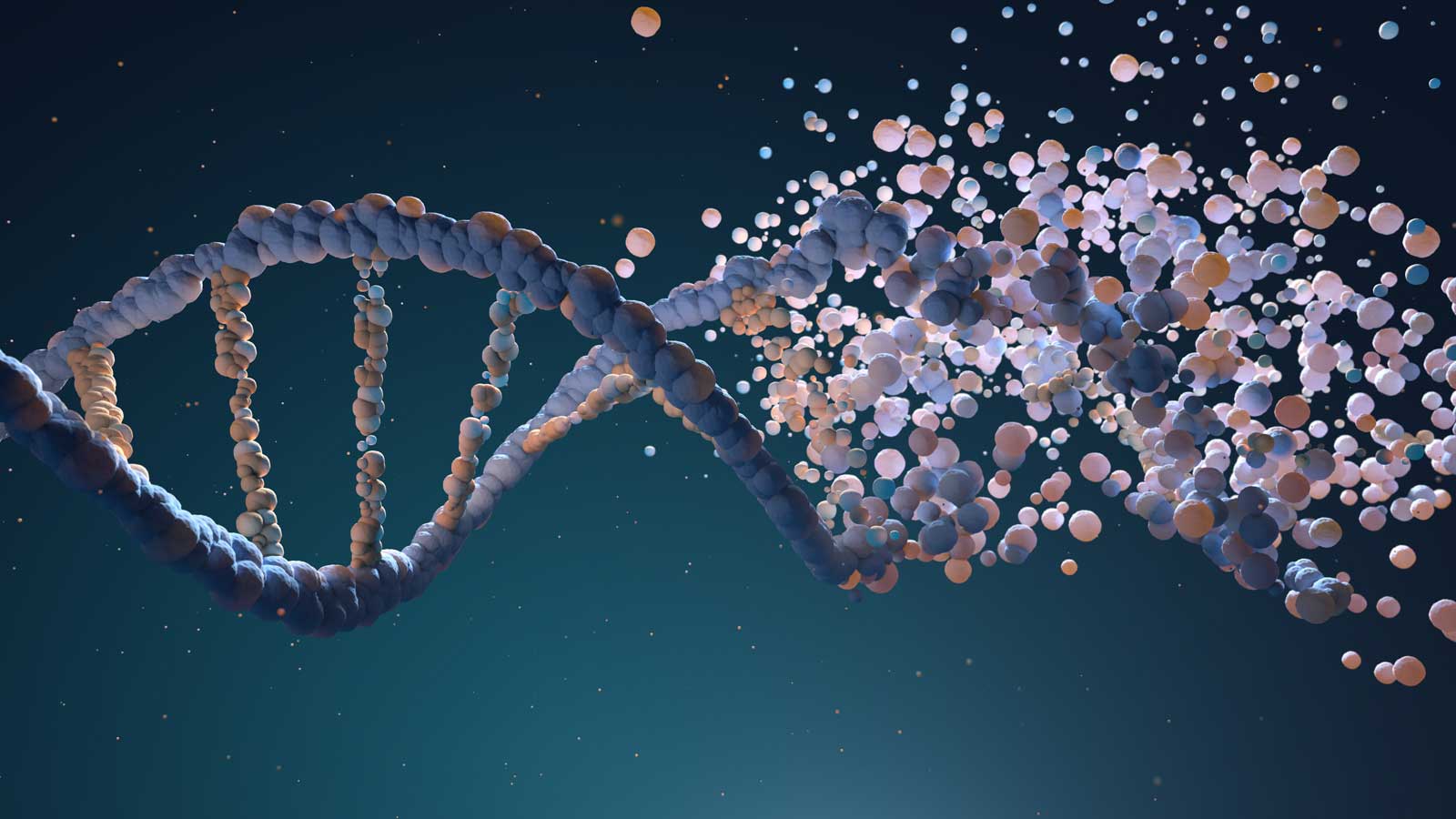In today’s world, we’re used to instant results. Whether it’s a quick fix for a headache or ordering fast food for immediate satisfaction, we live in a culture that expects quick solutions. But when it comes to healing—especially for chronic issues or conditions that have developed over time—there’s no magic pill or one-size-fits-all solution. True healing is a process. And if you’re looking for an instant fix, it can be hard to understand why you don’t see results right away.
But I’m here to tell you: healing takes time, patience, and consistency. It’s not about what you can get right now but about what you can build over time to support your body in healing from the inside out.
If you’ve started a treatment plan and you’re not seeing immediate results, don’t be discouraged. This blog is for you: to help you understand why healing is a process, why you need to stick with it, and how the slow road to recovery is often the most effective one.
The Body Is a Complex System
The human body is an intricate web of systems, tissues, and organs that are constantly working together to maintain health. When something goes wrong—whether it’s chronic illness, digestive issues, or stress-related symptoms—it’s not just one thing that’s out of balance. It’s multiple factors working together to create the problem. Healing these issues involves rebalancing the body on many levels.
Take chronic inflammation, for example. Inflammation is often at the heart of many health issues, from digestive problems to joint pain and fatigue. But it’s not just about addressing inflammation with one supplement or herb. Inflammation can be driven by toxins, poor diet, stress, genetics, and many other factors. To reduce inflammation effectively, you need to focus on all of these contributing factors—and that takes time.
Why Quick Fixes Don’t Work
Let’s think of it this way: Imagine you’ve been driving your car around for years with a flat tire. Over time, it gets worse—you start hearing the thumping sound, your car pulls to one side, and the pressure continues to drop. You could keep putting air in the tire for a temporary fix, but eventually, you’ll need to replace the tire to actually fix the problem.
Similarly, when you’re dealing with a health issue that has developed over time—whether it’s fatigue, digestive issues, or chronic pain—you can’t expect to be “fixed” after just a few days or weeks of treatment. The body doesn’t work like that. If you’re looking for a quick fix, it’s important to understand that the deeper-rooted issues need to be addressed. This takes time, patience, and consistency.
The Healing Journey: Why You Need to Stick With It
Here’s the thing: while the journey to healing may feel slow at times, it’s also incredibly powerful. Small, consistent changes lead to lasting transformation. When you work with your body to bring it back into balance—through proper nutrition, stress management, herbs, supplements, and lifestyle changes—the results can be profound. But like rebuilding a broken system, it takes time for your body to recalibrate.
You may not see dramatic improvements overnight, and it might feel frustrating. But remember: healing is happening beneath the surface, even if it’s not visible yet. Small wins—like improved digestion, better energy, or reduced pain—will come gradually. They might not happen in a week, but with consistent effort, you will see change.
An Example: Weight Loss and Healing
A common example that many people can relate to is weight loss. We’ve all heard that the best way to lose weight is to do it gradually—through a balanced diet, exercise, and sustainable lifestyle changes. But if you’ve ever tried to lose weight quickly, you know how hard it can be to maintain those rapid results. Fad diets or extreme exercise routines may show immediate results, but in the long run, they’re often unsustainable and can even harm your health.
When you lose weight gradually—making healthy food choices, exercising regularly, and sticking to a long-term plan—your body adjusts, your metabolism improves, and the weight stays off. It’s the same with healing. The body doesn’t heal overnight, but with the right support, your body will adjust and start functioning more optimally. It’s about consistency, not immediate results.
What You Can Expect From Your Healing Journey
Healing is a marathon, not a sprint. Here’s what you can expect:
- The Initial Phase: Healing Takes Energy
In the beginning, you might or might not feel better right away. In fact, you might feel worse at times. This is because your body is starting to process and release toxins, balance hormones, or repair damaged tissue. It’s normal to experience some discomfort in the short term, but remember, this is a sign that your body is working. - The Middle Phase: Slowly Feeling Better
After a few weeks or months, you’ll start to notice small improvements. You may have more energy, better digestion, or reduced pain. These are the first signs that your body is adapting to the changes you’ve made. Healing isn’t linear—it’s a gradual process, but once the body starts to recalibrate, improvements build on each other. - The Final Phase: Real Transformation
After several months of consistent treatment, you’ll begin to notice big shifts. This is when the true healing happens. The chronic symptoms you once struggled with may be significantly reduced or even gone. You’ll feel more vibrant, more balanced, and more aligned with your health goals. Your body will feel stronger, and your mind clearer. It’s not just about managing symptoms anymore; it’s about transforming your health for the long term.
Stay Committed to the Process
The key to successful healing is staying committed. It’s easy to get discouraged when results aren’t immediate, but remember that health is a journey, not a destination. The body needs time to heal, and with the right support and consistent effort, you’ll get there.
Healing is not a quick fix—it’s about supporting your body, restoring balance, and addressing the root causes of your symptoms. If you stick with it, you’ll start to see positive change over time.








